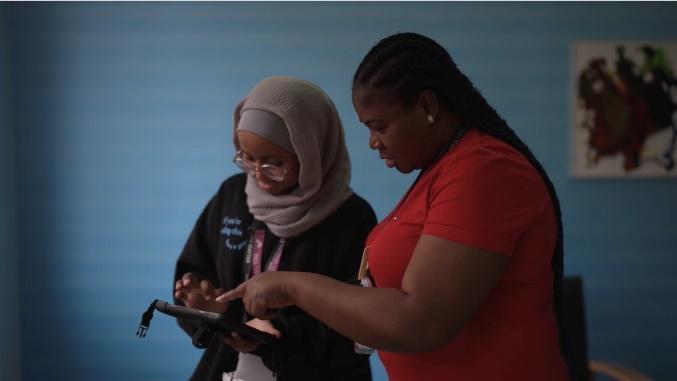Internet telephony service Skype has been garnering interest from technophiles for some time already, but as subscription levels rise to around the 30 million user mark, its potential impact is only now being considered by other telecoms providers.
Implementations of voice-over-Internet protocol (VoIP) within the corporate environment are at the tipping point: momentum behind the technology is such that the potential for cost savings is compelling. But as businesses embrace the technology, telecom providers are beginning to counter attack.
The most brutal attacks have been aimed at Skype. The self-styled provider of "free Internet telephony that just works" has been ruffling carriers' feathers with its offer to slash call costs. That threatens to cut telecom revenues off at the knees.
At the Global IP Carriers conference held in London in April 2005, the issue of Skype was at the forefront of discussions. Several delegates argued that ISPs – especially those with revenues from telecom provision – would have to block access to recent upstarts such as Skype.
And the first incidents of users being blocked are now appearing. The online Skype Journal, dedicated to spreading the Skype message, reported that users in the United Arab Emirates have been blocked from buying more credit for the service.
Howls of protest have also gone up in Mexico, where Skype has confirmed that its services have been blocked by a local ISP, although it cannot confirm whether this was deliberate or not.
However, there are some that believe that while Skype is an interesting technology, it should not be considered a threat. Blocking access is not an appropriate response. Carriers need to learn the lessons of how to develop business models that can make money from the new world of Internet telephony.
|
|||









